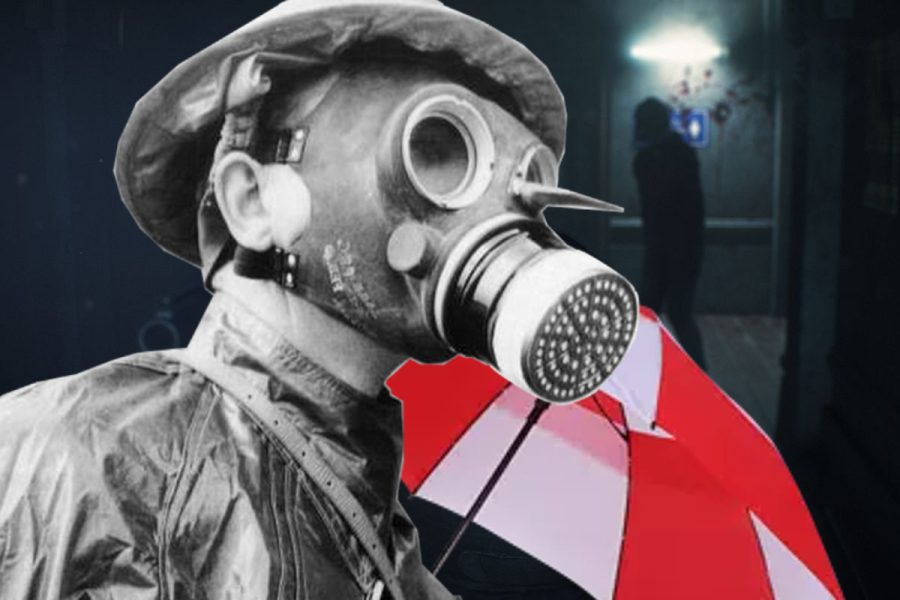RE? More Like PU!
(Awesome Headline I Know)
When it comes to playing the famed horror series Resident Evil, one thing that can be assured is I’m glad I’m not there. With rotting zombies and terminator knock offs roaming the halls of various claustrophobic locations, it’s hard to imagine it still smells like a well-maintained police station or anything remotely pleasant.
It’s even stranger to imagine when you find out that the franchise has an official perfume line. In a twisted form of the “Ask not if you can, but if you should”, scientists wondered how a person would respond to the deep, rotting smell of one of the many ghouls found in the franchise. Considering the history of science in RE, I’m more than a little concerned.
Imagine my surprise when researchers at the Technology University of Sydney and the Australian government suggest the question of if smells would enhance the Resident Evil experience. Using 22 volunteers, participants were hooked up to rooms to play the VR version of Resident Evil 7, possibly the most gory and simply disgusting title in the series, and used two chemicals to enhance the experience. One was cis-3-hexen-1-ol, an oily substance that smelled like grass, giving a stronger feeling of being out in grass. The other was dimethyl trisulfide, a decomposition product of bacterial decomposition. With these applications, surely there were some interesting results, right?
My source unfortunately skips out on a lot of the results (darn you, British news sources!), but what is told is rather interesting. They were given a questionnaire which examined their felt presence in the title, along with a physiological examination. What was confirmed was that the application of both smells increased their feelings of presence. However, surprisingly enough, the smells did not create a higher sense of fear or other emotions one would associate with a video game. I do believe that the simple use of people who haven’t played RE for the experiment would have shifted better, more interesting results. Regardless, the team says that the use of smells in VR would have a great application to “create a more immersive experience to increase a person’s presence within a VR environment,” and would have “broader applications for virtual training environments and virtual reality exposure therapy.”
Now, I know what you’re wondering: “But Sam, what do you think? I really must know your opinion on the matter!” (No, you weren’t asking that, but I’m doing this section anyway). The application of smells into VR is actually a really clever idea to make games more immersive. Walking into a VR room full of zombies and actually smelling their rot would really create a more horrifying and immersive experience.
If the Metaverse big-talk that all of the large companies are imagining comes about, I’d actually be pretty excited to play Resident Evil in the new field of full immersion. Until then, I’ll let the NFT-infested Metaverse world rot like it should.












